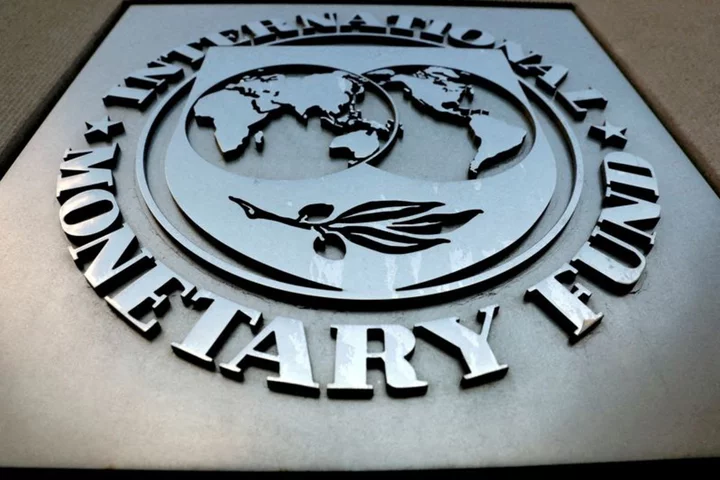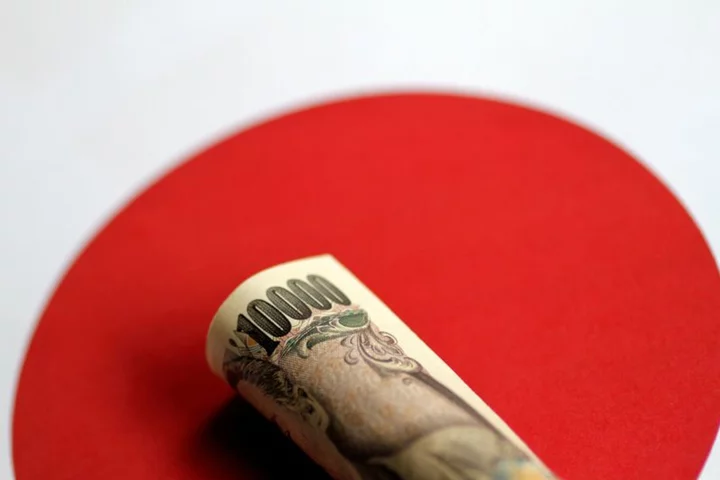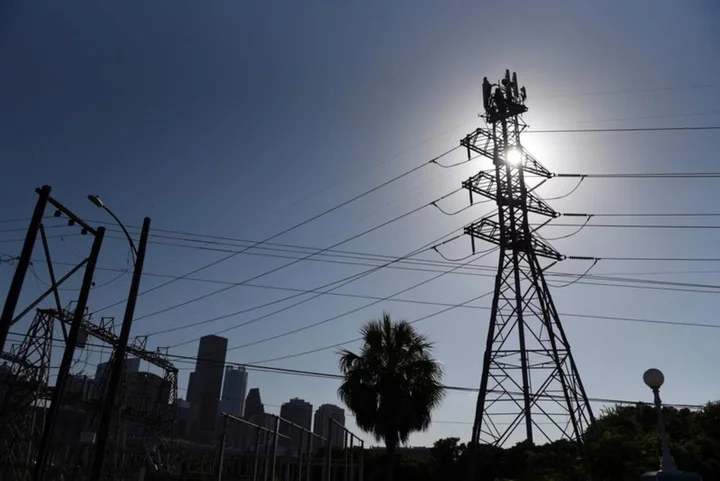BELGRADE The Serbian economy is recovering well from last year's energy shocks despite headwinds from an adverse global and regional environment, the International Monetary Fund said on Tuesday.
After reviewing Serbia's finances with the government and central bank, the IMF said a 2.4 billion euro stand-by deal agreed with Belgrade last year "remains on track."
The global lender said in a statement that Serbia's economic outlook will depend on geopolitical and energy sector developments, trading-partner growth, the inflation environment, and adverse global financial market developments.
"The Serbian economy has considerable buffers against uncertainties ... , and a well-capitalized and liquid banking system," the IMF said after talks between its mission led by Donal McGettigan and officials in Belgrade.
Serbia's gross domestic product (GDP) is expected to grow by 2% in 2023 and 3% in 2024, the IMF said.
Inflation is expected to continue its decline, hitting about 8% by the end of this year and returning to the central bank's target of 3% give or take 1.5 percentage points in 2024.
The lender said Serbia's 2024 budget, which targets a deficit of 2.2% of GDP, is consistent with a tight policy stance.
But the IMF warned Serbia to ensure sustainability of the electricity and gas pricing systems, and make adjustments to tariffs if risks of higher gas transit costs materialize.
"Forcefully pursuing a structural reform agenda centered on energy sector reforms is critical to addressing Serbia's remaining vulnerabilities and supporting long-term growth," the IMF said.
The staff-level agreement between the IMF and Serbia must also be approved by the IMF's executive board, which is expected to consider the issue in December.
($1 = 0.9444 euros)
(Reporting by Aleksandar Vasovic; Editing by Paul Simao)









